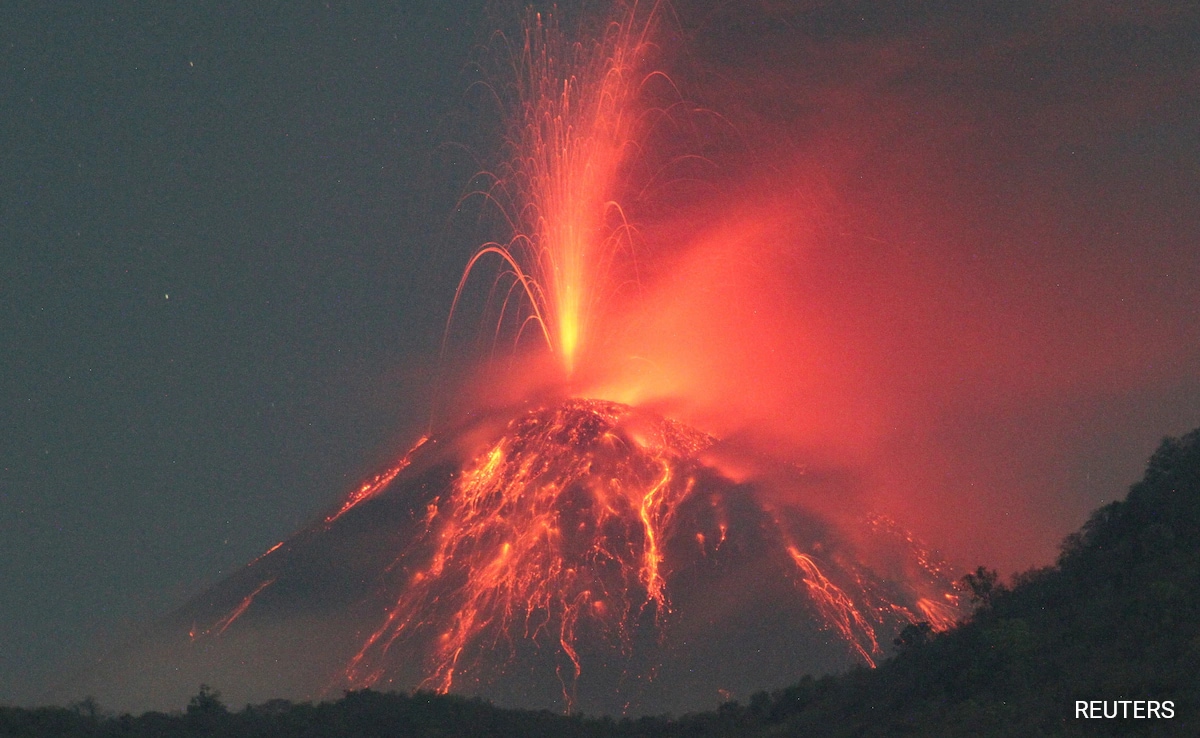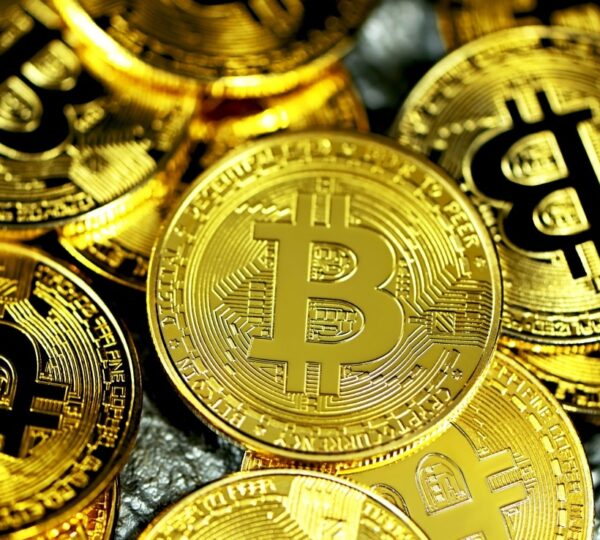A fishing village and tourist hot spot in southwest Iceland was evacuated late Wednesday after a volcano erupted in the region for the seventh time in a year, officials said.
The Icelandic Meteorological Office (IMO) reported an eruption of the Sundhnukagigar volcanic fissure outside the village of Grindavik on the Reykjanes Peninsula at 2314 GMT.
IMO specialist Benedikt Ofeigsson told public radio RAS2 that no infrastructure was currently threatened, but Grindavik — a small fishing town known for its nearby Blue Lagoon hot spa — was evacuated.
Volcanoes on the peninsula had not erupted for eight centuries until March 2021 when a period of heightened seismic activity began.
Images broadcast live showed red-orange lava gushing from a long fissure surrounded by thick smoke.
?⚠️???A new #eruption has just started in #iceland at about 11PM local time with intense tremors on the ground, near #grindavik again.#volcano #reykijanes pic.twitter.com/RAsqsxNgWX
— SatWorld (@or_bit_eye) November 21, 2024
The latest eruption is smaller than the last one, at the end of August, the IMO said in a statement.
“The outpourings are lower and the lava is not flowing as fast,” added Ofeigsson.
Most of Grindavik’s 4,000 residents were evacuated a year ago, shortly before the first volcanic eruption in the area.
Since then, almost all the houses have been sold to the state, and the residents departed.
“About fifty houses were occupied in recent nights,” said the civil protection department.
In January, during another eruption, three houses in the village were engulfed by flames.
Volcanologists warned that volcanic activity in the region had entered a new era.
Iceland is home to 33 active volcanic systems, more than any other European country.
It is located on the Mid-Atlantic Ridge, a fault in the ocean floor that separates the Eurasian and North American tectonic plates and causes earthquakes and eruptions.
(Except for the headline, this story has not been edited by NDTV staff and is published from a syndicated feed.)





